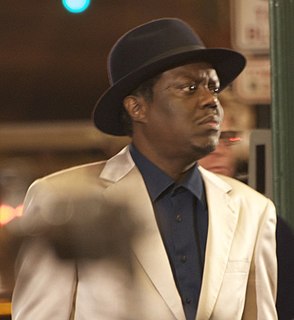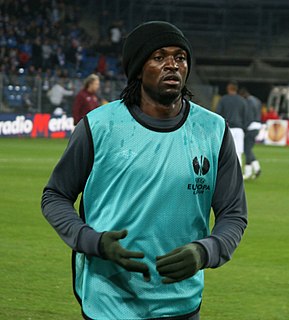A Quote by Noah Baumbach
You can be aware that something is idiosyncratic, and give it to a character, but keep doing it.
Related Quotes
All you do as a performer is keep doing it. If you keep doing it, then it depends on why you're doing it. If you're doing something for superficial, monumental reasons and if you're doing it for female attention, or if you're doing it for money, it's like being upset. Only way you can get upset is when you expecting something. If you don't get this award or don't get that award, that because you expect something.
One nourishes one's created characters with one's own substance: it's rather like the process of gestation. To give the character life, or to give him back life, it is of course necessary to fortify him by contributing something of one's own humanity, but it doesn't follow from that that the character is I, the writer, or that I am the character. The two entities remain distinct.
It seems to me that any popular fictional character's appeal is idiosyncratic in nature. Characters with large followings - Sherlock Holmes, Harry Potter, the crew of the Starship Enterprise - seem to embody something very particular even as they speak to something within a huge number of people. When I think of the most time-tested examples, the common thread appears to be an author who feels deeply for what he is creating.
If you have the abilities to earn a lot of money and if you have the character to persist in giving that to the most effective charities you can find, then that may be the best thing that you can do. And - also, if you do become a Wall Street banker, I think you need to be aware of what you're doing in terms of your daily work, not just earning money to give a lot away. But you need to think about - am I harming people through the work that I'm doing?
I think what we want to do is - when we choreograph, when we design choreography, we try to take it from a character standpoint first. Obviously you write a script and it's like, a Jason Bourne or a John Wick or something like that, you don't start choreographing double twisting wire moves and backflips, or doing the splits. You try to keep it so it fits the character, or the tone of the film.






































